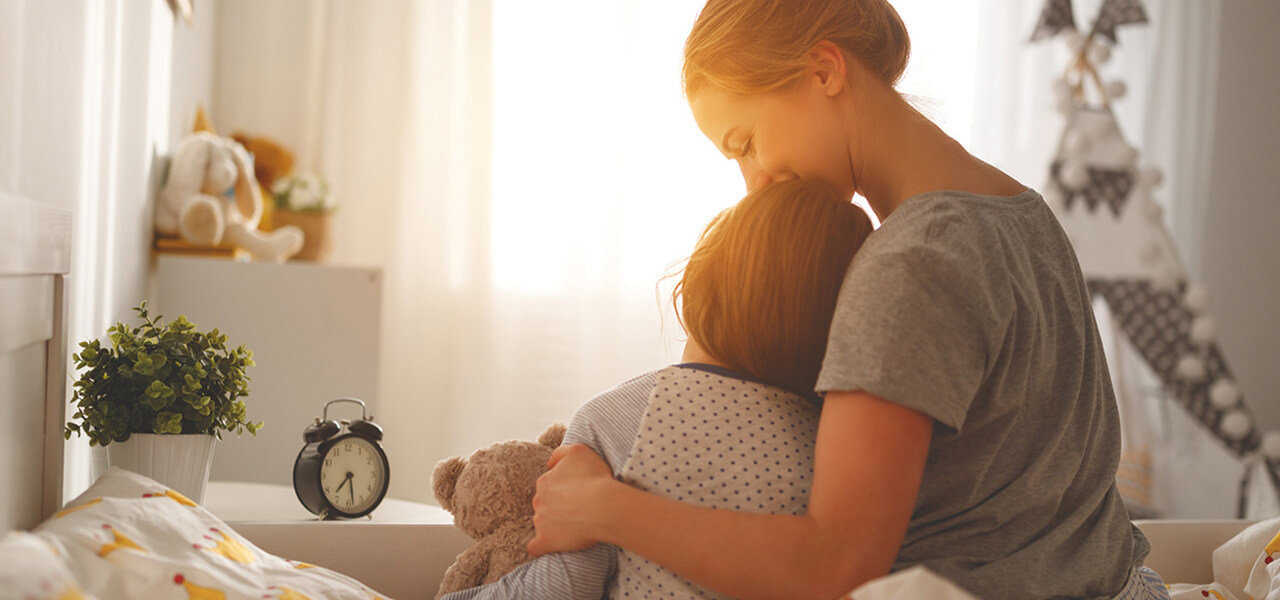Parents and carers play a really important role in helping children cope after a traumatic event. Parents and carers can build resilience by remaining calm, speaking positively about the future and being open to hearing about their child’s experience, questions and fears.
Children’s reactions may differ after they have experienced a traumatic event like the death, or serious injury of someone they know. Parents or carers may notice children misbehaving or expressing strong emotions like anger. Some children may become clingy to their parents or want to spend more time alone, while others may act normally and show their grief or worries at a later point. Hearing about a traumatic event may remind some children of losses in their own life and can trigger worries for their own family’s safety.
Parents and carers can help by speaking to children openly about the event and providing explanations that are age appropriate. For example:
- “Your teacher was so sick that her body stopped working and she died. Her family and friends are very sad because they will miss her. They won’t be sad forever but they will need a bit of extra kindness until they start to feel better.”
- “A sad thing happened yesterday. Your friend Johan was hit by a car on his way home from school and he was so badly hurt that he died. Dying means that his body has stopped working and it won’t ever work again. I know that you and your friends will miss playing with him.”
- “We had so much rain and the river got so full that water came into people’s homes. The families can’t live in them until the water goes down and the mess is cleaned up. They will have to get new things and live somewhere else until their house is fixed. The school is collecting donations to help them.”
It is important to emphasise that these things don’t happen very often and that your child and family are safe.
Other ways parents can help include:
- Being aware that bedtime can be particularly challenging so make sure you provide extra support and hugs.
- Maintaining regular routines as much as possible, as this will reassure your child that they are safe and life is mostly predictable.
- Choosing to limit what your child sees if the event is reported in the media, as this can be retriggering until they have had time to process what has happened.
- Being aware of triggers and help your child to understand their reactions. For example, you can say, “When you hear an ambulance it reminds you of the accident but you are safe now.”
- Being honest and age-appropriate. If you are not sure about something your child asks, it is better to say you don’t know rather than make something up.


